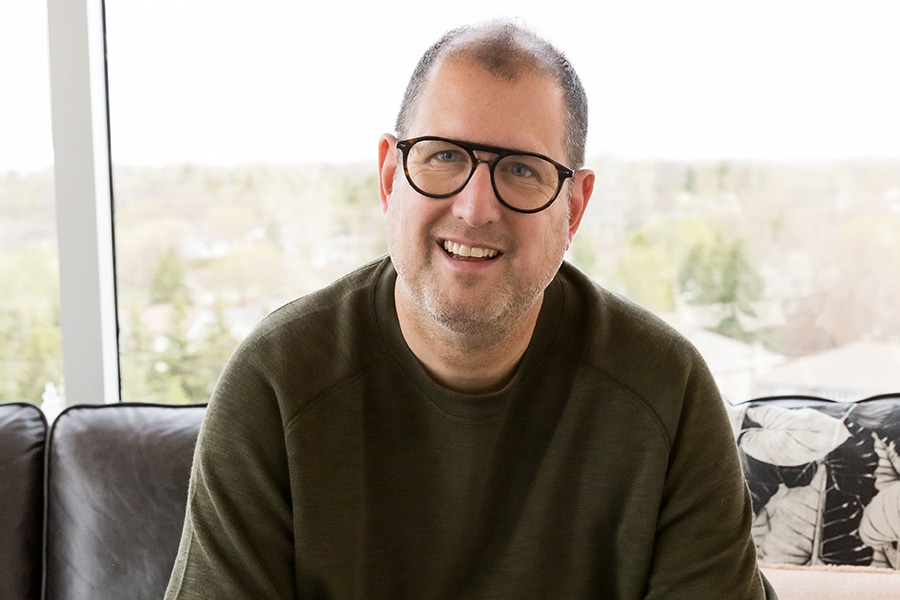
Back to school: A new set of challenges this September
At the best of times, the beginning of a new school year can be challenging. Add a global pandemic into the mix and this time can be even tougher! So, be sensitive and patient with your children and keep lines of communication wide open.
Here is how:
Be honest and have conversations about what is worrying your child. Explain that it’s natural to feel anxious. Provide reassurance that safety measures will be put in place to keep students and teachers healthy.
Let your children know what the new school experience may look like: needing to wear masks, eating and playing socially distanced from other students, etc. Ask how they feel about this and help find creative ways to overcome negative feelings.
While not an easy task, try not to project your own stress and apprehensions onto your children. Help them see the glass half full, there are a lot of positives in their return to school.
As with all stressful situations, open communication and coping tools will be essential this fall whether school is in-person, online or a combination thereof. It is important to encourage your children to speak to you, or their teacher, if they are experiencing any stress, sadness or anxiety.
And because not all children express themselves as openly as parents and educators would like, here are five signs adults can watch for to flag trouble transitioning back to school:
- Change in mood such as emotional outbursts for small reasons, crying spells, and general irritability;
- Forgetfulness and lack of concentration;
- Excessive fatigue;
- Major change in academic performance; and
- Withdrawal from friends, family or activities they used to enjoy.
Dr. Yaniv Elharrar, the co-director of the West Island Therapy and Wellness Centre, has been working with children, adolescents, and their families for the past 20 years. He specializes in conducting assessments (psychological, psychoeducational, and developmental) and providing psychotherapy.
